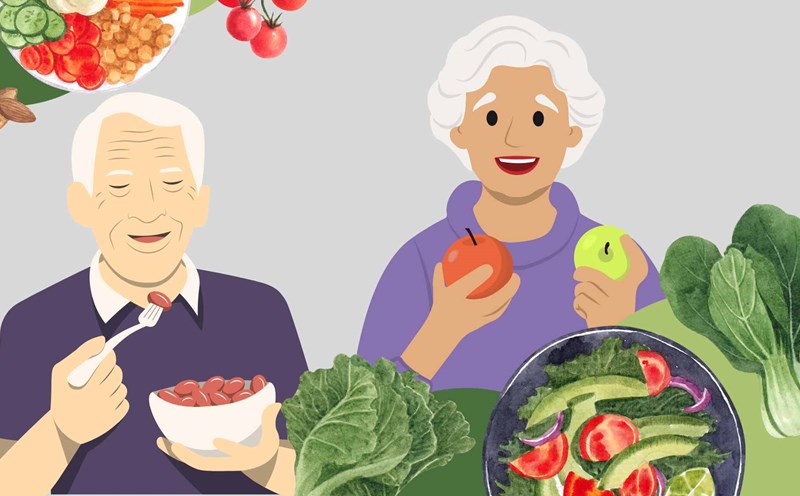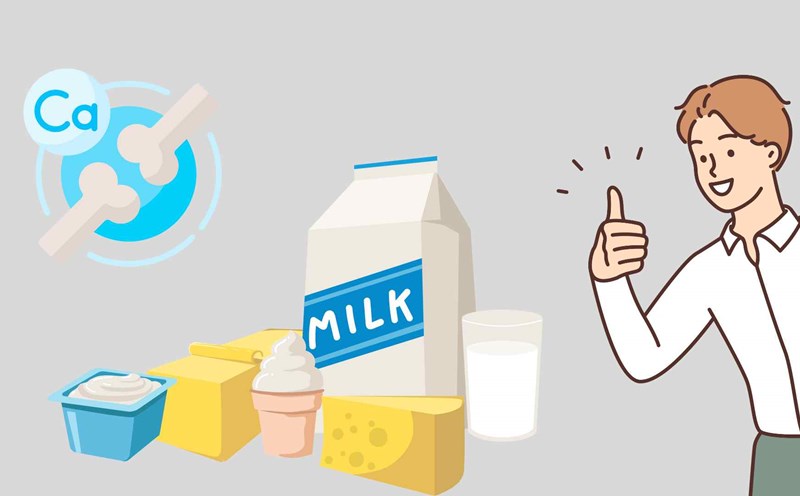Why do you need to gradually adapt to the water temperature when bathing?
According to Dr. Manisha Arora, Head of Internal Medicine at CK Birla Hospital (Delhi, India), sudden exposure to water that is too hot or too cold can cause unexpected physiological reactions, even leading to fainting if not done properly.
A seemingly harmless habit such as pouring water on your head right when entering a bathroom can cause heat shock to the body, especially in the elderly. This sudden change causes blood vessels to constrict or dilate rapidly, causing an imbalance in blood pressure.
This can lead to dizziness, lightheadedness, and even fainting, warns Dr. Arora, recommending starting to shower from your feet and gradually pouring water over your upper body to give your body time to regulate temperature and stabilize your circulatory system.
Although the elderly are at higher risk due to unstable blood pressure and reduced body temperature regulation, even younger people should not be subjective.
Measures to ensure safety when bathing
To minimize the risk in the bathroom, Dr. Arora offers some simple but effective recommendations:
- Start bathing from your feet to help your body get used to the water temperature.
- Maintain adequate water intake, avoid dehydration (a factor that lowers blood pressure).
- Keep the bathroom airy, avoid too much heat.
- Install supporting equipment such as embankments, bath chairs, and anti-slip carpets to prevent falls.
- Get regular health checks, especially for people with a history of low blood pressure or heart disease.
When to see a doctor?
Bathing fainting should not be taken lightly, especially if this phenomenon occurs frequently or is accompanied by symptoms such as breast pain, arrhythmia or confusion. According to Arora, these manifestations can be potential signs of cardiovascular problems or blood pressure disorders that need to be diagnosed early.
Some small changes to your bathing routine not only help you feel more comfortable but also protect the health of the circulatory system, especially for the elderly. Don't let a daily habit become a potential risk in your own home.











